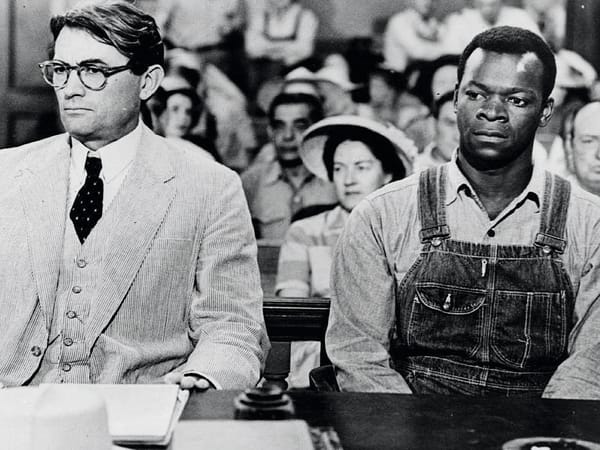Loveless: Andrey Zvyagintsev gets under the skin of modern Russia
Following on from the success of Leviathan, the Russian director returns with another masterful film in which a missing child serves to highlight one couple’s breakdown.

Andrey Zvyagintsev’s Loveless, his follow up to his 2014 Leviathan, features one of the most haunting images I’ve encountered in cinema: Shenya (Maryana Spivak) and Boris (Aleksey Rozin), a middle-class couple in the throes of an ugly divorce, argue about what they should do with their son Alexey (Matvey Novikov), a child who neither of them really wanted; as Zhenya storms around their small, unassuming apartment, she slams a door shut, revealing the tormented face of Alexey, his face locked in a silent cry of anguish. He has heard the whole thing.
It is this impactful event that drives forward the rest of Zvyagintsev’s film, which serves as a precise and damning analysis of the current state of Russia. Zvyagintsev wields his camera like a surgeon’s knife, delicately lifting up the thin skin of modern society and revealing the darkness that festers underneath.
While Alexey’s presence in the film is – by virtue of the plot’s design – limited, it is this image that lingers throughout its duration. Shortly after the argument, Alexey goes missing, last seen running from their Moscow apartment block on CCTV. These tower blocks break up an undulating landscape of trees and snow, forming a liminal space on the outskirts of Moscow. Zvyagintsev manages to master the psychology of space, and the use of architecture is just one tool in this brutal and harrowing account of both the divides between the parents, and the hypocrisy of modern Russian culture.
“Zvyagintsev takes aim at Russian officialdom”
While in other films a missing child might serve to bring couples together in mutual anguish, in Loveless, as the name suggests, it only serves to drive more of a wedge between them. Boris, working in a company whose religious policy means everyone there is happily married, has already moved on from Zhenya, and has a heavily-pregnant girlfriend. Zhenya, meanwhile, has also taken on a lover, and cut herself off from her battle-axe of a mother – a Soviet relic who lives alone off a highway to Kiev, like someone you might encounter in the work of Svetlana Alexievich.
Just as in Leviathan, Zvyagintsev takes aim at Russian officialdom, with the police inspector assigned to the case explaining to Zhenya that there’s nothing much they can do about missing children, when there are murderers and rapists to worry about; instead, he recommends she get in touch with a volunteer organisation, who prove themselves to be much more effective than any official body, scrupulously combing the surrounding area.
While the themes explored in Loveless are more engaging than in Leviathan, with the main marital conflict playing out against a backdrop of the Russian annexation of Crimea, there are areas where the writing becomes didactic. The ubiquitous inclusion of smartphones, for example, is – I guess – supposed to show us the shallowness of modern life, but the extent to which Zvyagintsev hammers home his point reduces the impact of the message.
Despite this, Zvyagintsev’s direction remains sublime, with his camera moving consistently, albeit glacially, through doorways and around corners; in one impressive long-shot at the start of the film, reminiscent of the unnerving work of Michael Haneke, we linger outside a school as children run out, before the lens picks out Alexey, following him dutifully down the street. When the team are combing an abandoned Soviet-era complex near the apartment, the film becomes an exploration of the architecture of decay, no doubt inspired by the ruin porn photographic movement.
Pointed remarks turn to arguments turn to physical violence, as the disparity and incompatibility of Boris and Zhenya comes to the fore. The couple go from blaming each other for Alexey’s disappearance to making a trip to the morgue to identify the body of a child, but throughout it all there remains an undercurrent of mutual resentment, negating any possibility of a happy conclusion. Loveless ’ name sounds out like a warning: this is not a film with a warming message, or a beating heart; it is a cold abyss of a film, one that completely drags you under, and traps you in its power.
Loveless
4 Stars
Dir: Andrey Zvyagintsev. Script: Olig Negin, Andrey Zvyagintsev. Starring: Maryana Spivak, Aleksey Rozin, Matvey Novikov, Marina Vasilyeva. 128 minutes










